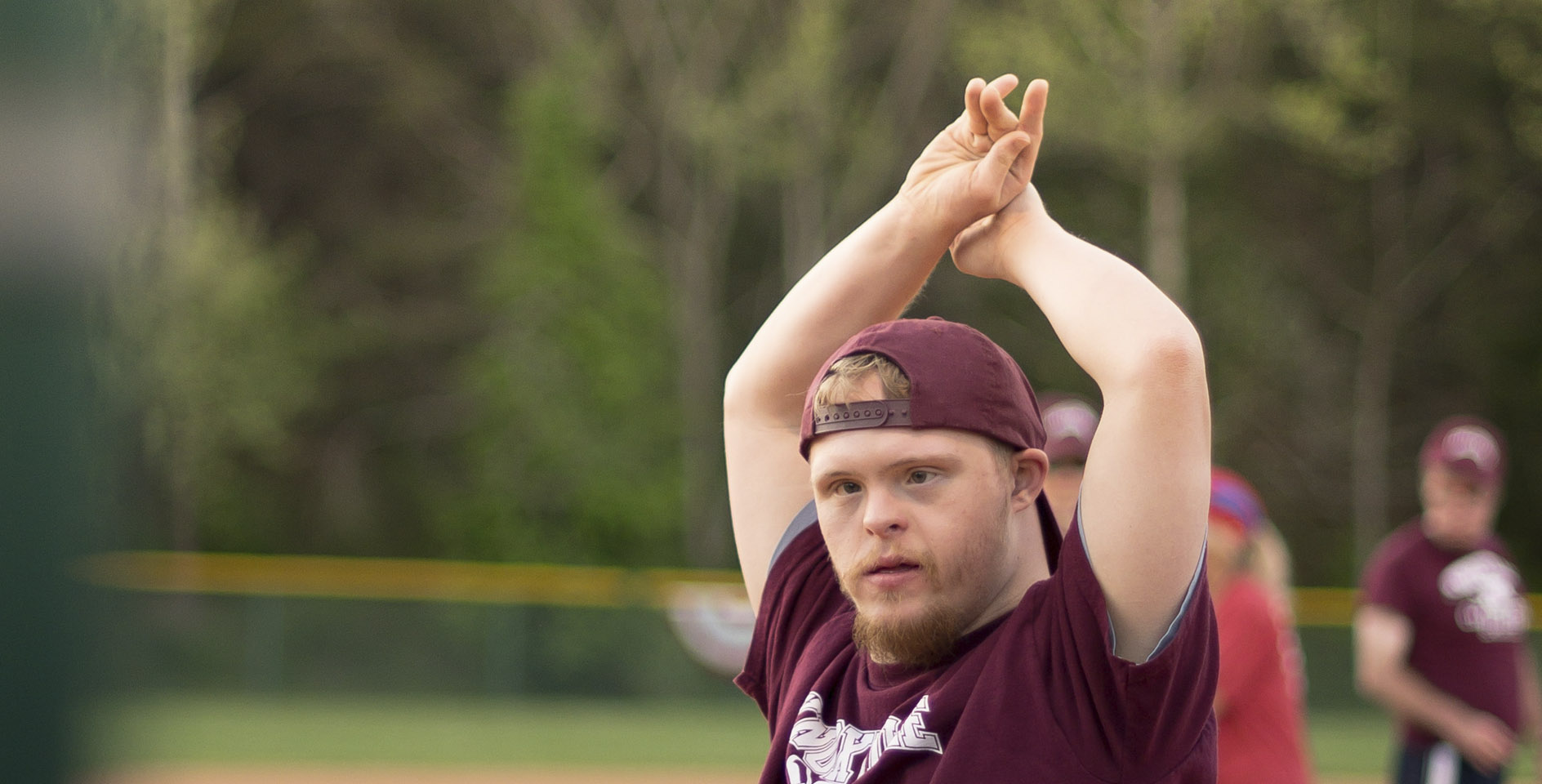When we first meet 22-year-old Zak (played by Zack Gottsagen), he is in a nursing home cafeteria, sitting with an elderly lady and plotting an escape. Not the lady’s escape, mind you, but his own. This is the endearing opening scene in the recent indie film “The Peanut Butter Falcon” (rated PG-13, mostly for language).
Because he has Down syndrome and no family to care for him, Zak lives under the watchful care of Eleanor (Dakota Johnson). But Zak is unhappy and wants nothing more than to escape and go on the run to join the wrestling school of his hero, The Saltwater Redneck. Once he does finally escape, the plot for Zak is set in motion.
At the same time, Tyler (Shia LeBeouf), a fisherman on the lam with troubles of his own, runs into Zak along the coast of the North Carolina marshlands. After some initial hesitation, the odd couple form a partnership and begin traveling together on what becomes an unforgettable adventure.
“The Peanut Butter Falcon” is a well-acted, funny, and endearing movie. While the same could be said about any number of films, what sets this movie apart is the fact that a man with Down syndrome isn’t just a side character, he’s the main character. Aside from “Life Goes On,” the television series from the late 80’s/early 90’s, movies and television have typically shied away from giving major roles to people with Down syndrome. But perhaps with the success of a film like this, more opportunities will be given.
Highlighting strengths, not exploiting weaknesses
Each human life is special, not because of what a person can do or what he has accomplished, but because each of us was created in the image and likeness of God (Gen. 1:27). To give a film role to someone who is typically marginalized or kept at arm’s length is a beautiful recognition of that image-bearer’s dignity. To be sure, Zack Gottsagen wasn’t simply given a leading film role because he has Down syndrome. He has studied acting for years and even taught at one point.
When the film’s co-directors, Tyler Nilson and Michael Schwartz, met Zack and watched him act, they noticed true talent. But it wasn’t until Zack himself suggested it that they all determined to make a full-length feature film together. After creating a proof-of-concept trailer, the trio sent out the video to Hollywood stars LaBeouf and Johnson, who both loved the story and quickly jumped on board.
What also makes this film unique is that the filmmakers don’t exploit weaknesses in the main character to tell their story. Instead, they focus on his determination. They focus on his physical strength. They focus on his ability to befriend and love others without condition. Sure, he has weaknesses and flaws, but in highlighting the positive aspects of Zak and the things he can do, the filmmakers again recognize his inherent dignity and give their audience a more interesting and well-rounded character.
Each human life is special, not because of what a person can do or what he has accomplished, but because each of us was created in the image and likeness of God (Gen. 1:27).
Love and truth without pretense
But the best arc may be that of LaBeouf’s character, a small-time outlaw on the run. Along the way, he meets Zak. At first, he is annoyed by Zak and bails on him. After seeing him bullied by someone and called the r-word, he comes to Zak’s defense and a friendship is born. But the beauty of this relationship is that it isn’t one of pity—it’s a friendship built on mutual respect, care, and ultimately love. That onscreen friendship and respect seems to have carried over into real life as well.
During the filming of the movie, LaBeouf was arrested for public drunkeness. According to a March 2018 Esquire article, the day LaBeouf got out of jail Gottsagen confronted him, saying, “You’re already famous. This is my chance and you’re ruining it.” He later asked LaBeouf, “Do you believe in God?” In his interview with the magazine LaBeouf said, “I don’t believe in God . . . But did I see God? Did I hear God? Through Zack, yeah. He met me with love, and at the time, love was truth, and he didn’t pull punches. And I’m grateful.”
The fascinating thing about LaBeouf’s admission is that we often look to people like him for wisdom and truth. We put celebrities on pedestals. However, in 1 Corinthians 1:27, Paul, writing under the inspiration of the Holy Spirit, flips that on its head: “But God has chosen the foolish things of the world to confound the wise; and God has chosen the weak things of the world to confound the things which are mighty.”
In a world of polish and pretense, there’s something beautifully refreshing about Zak—both the actor and the film character. He inspires us to find people in our own lives who are more concerned with love and truth than with the opinions of others. As we recognize the dignity within each human being, perhaps we can take a cue from “The Peanut Butter Falcon” and learn from those in our own communities and churches who can teach us, just by how they live and reflect God’s nature.










